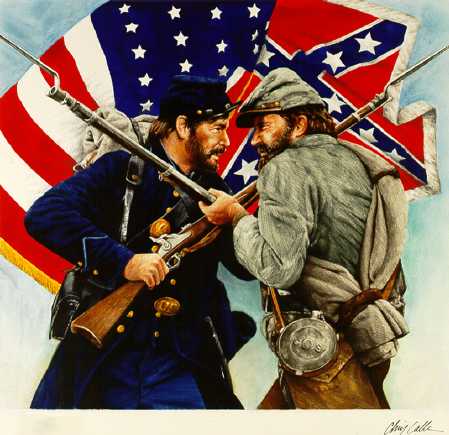"Regions" seems to be one of the most important
words in these first chapters of Schulze's book. "Regions" made up
the Roman and Germanic Empires and it was regions that gained their
independence from the Church. Looking at Germany today, there are very obvious
traces of this type of thinking holding true. Many Germans identify as being
from a region despite being from a state. On pg. 58, Schulze talks about how
the word “patria” (meaning fatherland) was used but not in reference to the
nation of Germany but to the place one feels they are most attached to whether
its their hometown or principality. This picture of old Europe is one of modern
day Germany and even the US. Do you think of yourself as American or from
Chicago? Are you from Georgia or just “Southern?”

These types of ideals also caused major changes. The Thirty
Years War was sparked by conflict between the Catholic and Protestant regions.
The aim was to restore the unity of Europe in Catholicism and resulted in major
divisions within the empires. Sound familiar? The US in the Civil War  also
consisted of regions fighting regions. While the Civil War lead to unity, the
Thirty Years War lead to revolutions of different kinds. Martin Luther
introduced his new religion. Out of that it was eventually decided that
religion in the regions would be based on the preference of the ruler. The
European Empire was to be equally represented by Protestant and Catholics and
the central government was split among nations in the middle of the continent. Once
again, sound familiar?
also
consisted of regions fighting regions. While the Civil War lead to unity, the
Thirty Years War lead to revolutions of different kinds. Martin Luther
introduced his new religion. Out of that it was eventually decided that
religion in the regions would be based on the preference of the ruler. The
European Empire was to be equally represented by Protestant and Catholics and
the central government was split among nations in the middle of the continent. Once
again, sound familiar?
 also
consisted of regions fighting regions. While the Civil War lead to unity, the
Thirty Years War lead to revolutions of different kinds. Martin Luther
introduced his new religion. Out of that it was eventually decided that
religion in the regions would be based on the preference of the ruler. The
European Empire was to be equally represented by Protestant and Catholics and
the central government was split among nations in the middle of the continent. Once
again, sound familiar?
also
consisted of regions fighting regions. While the Civil War lead to unity, the
Thirty Years War lead to revolutions of different kinds. Martin Luther
introduced his new religion. Out of that it was eventually decided that
religion in the regions would be based on the preference of the ruler. The
European Empire was to be equally represented by Protestant and Catholics and
the central government was split among nations in the middle of the continent. Once
again, sound familiar?
It’s funny how history repeats itself. When Europeans
arrived on US soil to begin their life in a new land, the same events and
issues occurred. I wonder if it ever occurred to those settlers that this is
where their ancestors had to go through as well.